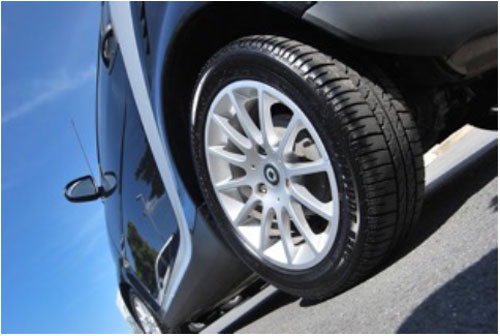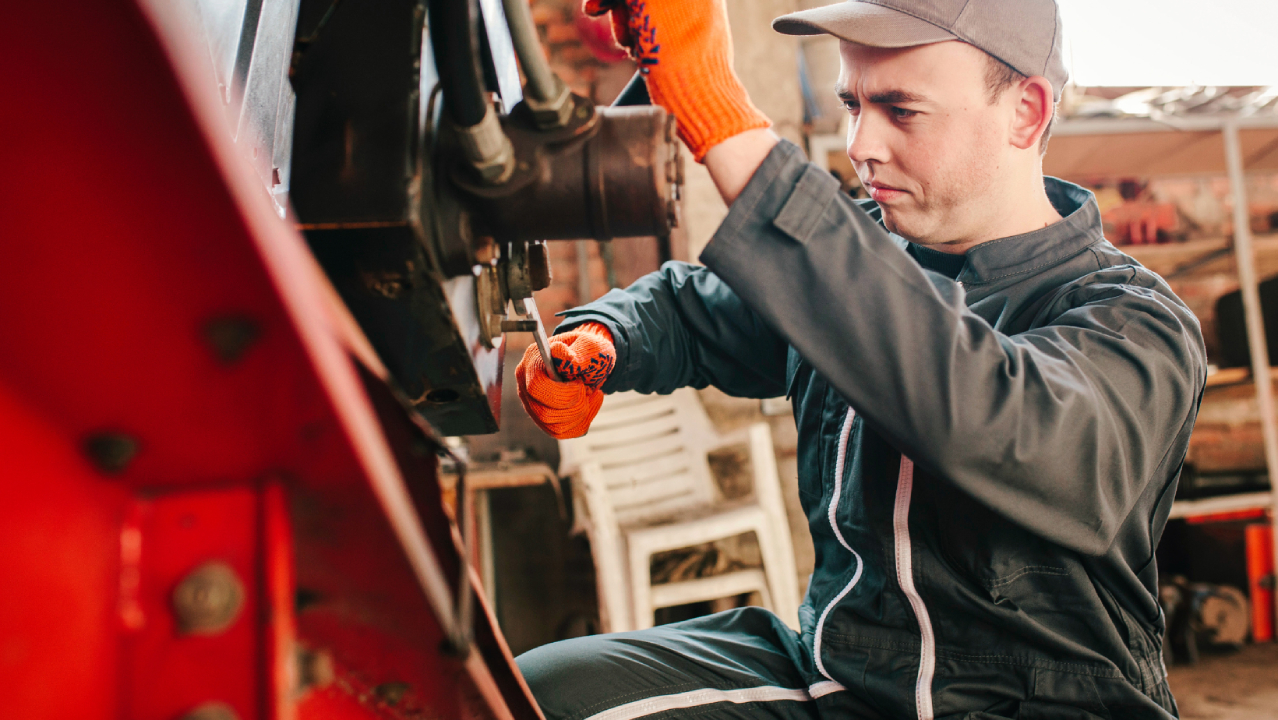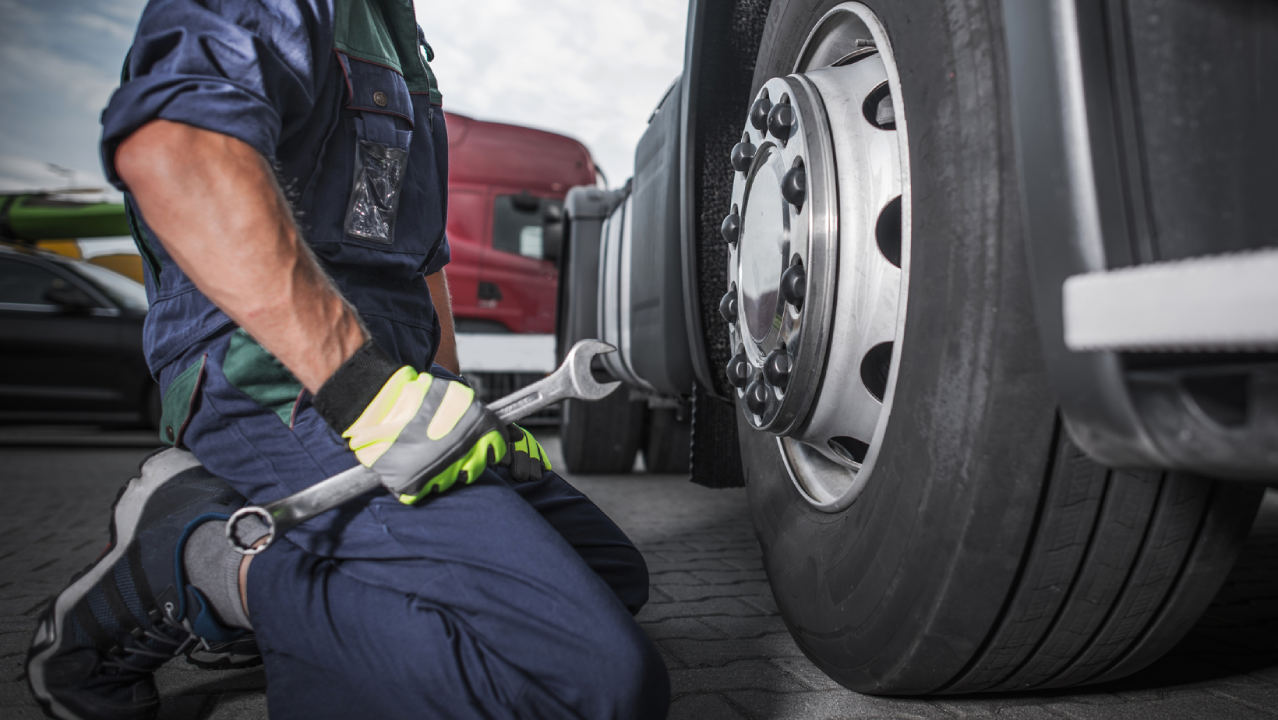There are about 214 million licensed drivers on the road in the United States. With that many drivers, it’s pretty much common knowledge that your vehicle will eventually need repairs and, at the very least, the proper maintenance to keep you on the road longer.
Even though repairs/maintenance is a necessary part of car ownership, many drivers find taking their vehicle to the repair shop a hassle. While sitting at the auto shop may be the last thing you want to do with your time, we assure you, ignoring the problem won’t make the situation go away.
In fact, when you skip regular schedule maintenance you can create a bigger problem. For
example, oil changes are a common and harmless procedure. However, skipping them over long periods of time will eventually cause the parts of the engine to wear. This will cause the engine to shut down, and you will need an entirely new one for your vehicle. See? those “pesky” oil changes really are mandatory.
Common repairs are a part of life if you own a vehicle. Once a driver accepts this and makes them when necessary, he/she will maintain the longevity of the vehicle and keep themselves (and all passengers) safe.
There are certain repairs that are just about as common as a licensed driver. Below, we have illustrated 5 of the most common vehicle repairs and how you can identify when your car might need the repair.
1. Tires
It’s not hard to guess why tire repairs are such a commonality. They take the most beating and have constant contact with the asphalt. Just contact with the hot pavement, especially during the summer, can cause the tread to wear and the tire to lose air.

Obviously, if something is wrong with your tires it poses a huge risk. Just driving on low
pressure or too much pressure can cause a blowout or cause you to lose control.
Repair or replacement can be caused by any one of the following:
• Nails or other objects stuck in tread
• Bubbles in the tire (often caused by hitting curbs)
• Flat or blown out tires
• Low tire pressure
• Worn out tread
The best way to identify tire problems is to inspect them regularly. Make sure the tread isn’t worn down. Check the tire pressure and add air if needed. While you are driving, if you feel/ hear something out of the ordinary, you might need your tire repaired or replaced.
2. Brake Work
Just like your tires, brakes commonly need repairs because they take a beating. After
many miles and several years of use, the brake pads will wear down. Obviously, you want
to ensure that your brakes are working properly at all times.
If you hear squeaking or rumbling when you apply the brakes, notice that the car pulls to
one side, or that it’s either extremely hard or easy to apply pressure to the brakes, take
your car in for an inspection. The brake fluid might need to be replaced or topped off, or
the pads may need to be replaced.
3. Timing Belts
While this is an extremely common repair for shops to do, you luckily won’t need your
vehicle’s timing belts replaced or repaired often. However, since the repair is usually on
the costlier side, many people put it off. That can cause more damage and harm than
simply replacing them.
The timing belt in your car enables the engine to synchronize and rotate properly, which
opens and closes the engine’s valves at the right time, with an up and down movement. It
is an important part of the internal combustion of the engine. Therefore, when it is not
replaced in time, your engine can completely break down.
So, how do you know you need your timing belts replaced? Generally speaking, timing
belts should be replaced between 60,000 to 100,000 miles. However, every vehicle is
different, so it is always best to consult with your driver’s manual. You (or a mechanic)
can also inspect the timing belt to see its condition. If there are any cracks or wear and
tear, it’s a sign that you need a replacement.
4. AC System
Today, most people don’t think twice about the AC system in their vehicles … until it
doesn’t work, that is. Luckily, air conditioning repairs are fairly easy and extremely
common. With your AC system, there could be a number of different repairs, from
needing a simple filter change to something as major as a leak.
If you don’t feel as if your AC is blowing the ice cold air it once used to, but it is still
working, your refrigerant level is probably low or needs to be replaced. You might also
need to change the air filter. When it is dirty, the AC might not be as powerful, or the air
blowing into the cabin doesn’t smell as fresh. If the AC is not functioning or is acting
erratic, and you notice a pool of liquid under your car, you might have a leak in the
system.
5. Suspension Parts
Just as with your timing belt, your car’s suspension parts aren’t something that you will
need often, but it is a mandatory repair. Usually, after several years or 10,000 miles
driving, the shocks or suspension system will wear out. What most people don’t realize is
that your vehicle’s suspension does more than offer a smooth ride. When the parts start to wear down, it affects your ability to control the vehicle, creating a major safety risk.
If you notice that your tires have uneven tread, the vehicle dips when coming to a
complete stop, the ride seems rougher, or you feel a drift or pull when making turns, you
need suspension repair.
Addressing all vehicle repairs is necessary to keep your car in a fully functioning state for as long as you wish to drive it. However, many drivers don’t know the signs that tell them a repair is needed in the near future. We know how important it is to take care of any problems before they worsen. Hopefully, after reading through these 5 common repairs, you will be able to take better care of your vehicle in the future.
If you have any questions or concerns regarding your vehicle’s brakes, tires, AC system, or any other repair, don’t hesitate to call on Action Gator Tire. With over 26 convenient locations found throughout central and south Florida, we strive to become the auto repair shop you trust for all your vehicle maintenance and repair needs!






